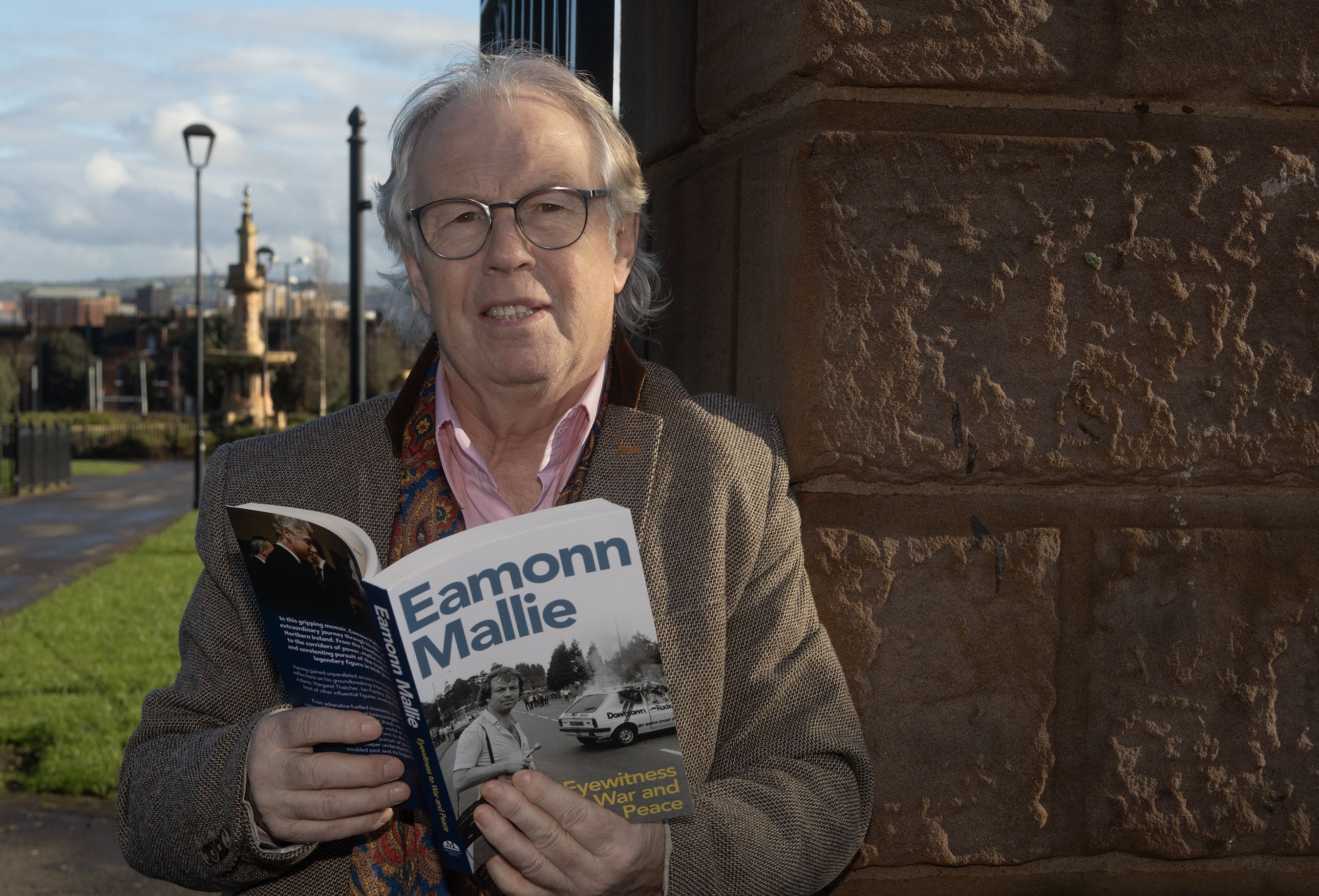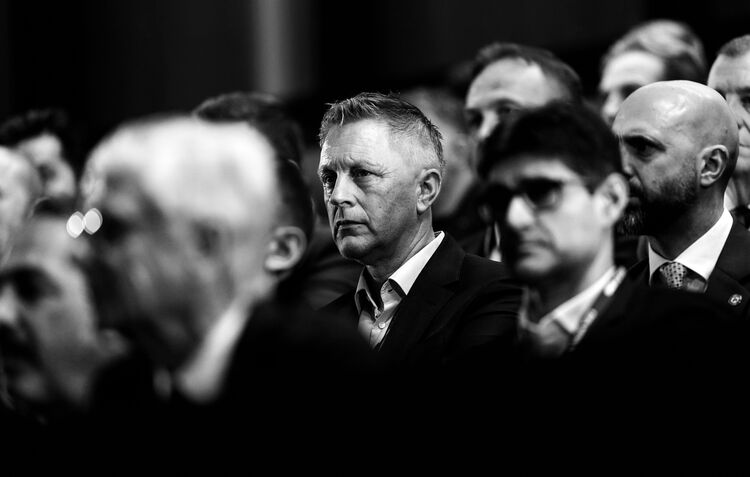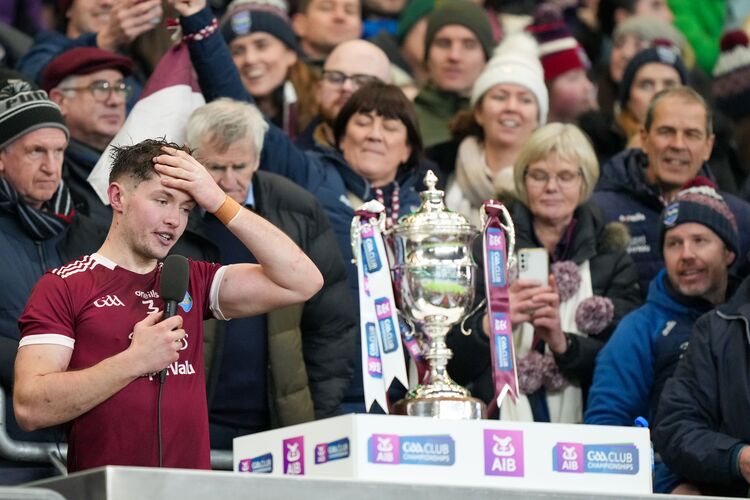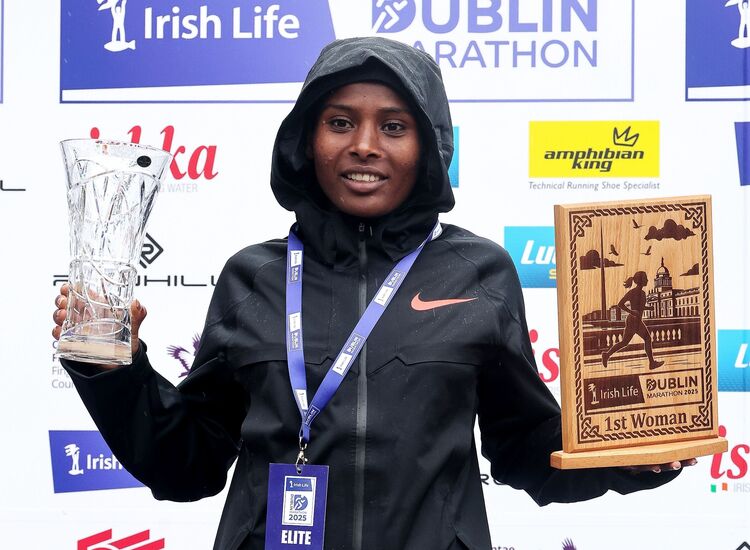EAMONN Mallie is a household name in journalism. He has worked in print, radio and television for almost 50 years and was there on the ground as the Troubles unfolded around him.
His long-awaited memoir, 'Eyewitness to War and Peace', has just been published.
Born in South Armagh in 1950, he was a child raised in the historical vicinity of conflict. He arrived five years after the Second World War, and the Korean War was in its infancy. By the time he was a young man, the Vietnam War was raging and he was just a few years short of the Troubles.
He studied at Trinity College Dublin, graduating in 1974 and staying on in Dublin to freelance as a journalist. He then moved North to work for the BBC in Belfast, where he got to know some renowned personalities in broadcast journalism, such as Robin Walsh.
He began writing the book during the Covid lockdown – an unexpected opportunity for him to find the space to fulfil a long-held wish of telling his story.
"I've lived an interesting life," he told me. "I wanted to share it with a wider audience. You always have detractors – people who try to knock you back. I didn't let them impede me. I kept driving on."
Eamonn is disarmingly modest about his achievements.
"I was a very lucky journalist," he said, even though it can't only have been luck that brought him to the pinnacle of his profession.
"I crossed barriers with great ease. I have an attitude in life – don't patronise people and always treat people like human beings.
"I think that paid off. In the Protestant/unionist community, I found that I could move very easily – that I could operate in both communities."
Violence visited him on his doorstep. Donnelly's Bar in Silverbridge, which Eamonn described as the hub of his community, was shot up and bombed by loyalists in December 1975. He reported on the incident for Radio Ulster, covering the deaths of three civilians in the place he called home. Not surprisingly, that – and the long, long list of tragedies he's covered down through the years – left its mark in terms of how he views the conflict today.

"Nothing would justify a return to so-called armed struggle or violence," he said.
"No-one wants to return to the ugliness of the violence that we all experienced in Northern Ireland.
"Making the Good Friday Agreement wasn't easy. If one leg of that deal falls, the whole deal could follow along.
"The Catholic/nationalist community wouldn't support that [a return of violence], either covertly or overtly because the world has moved on.
"With a focus on border areas such as Armagh, education has become the big driver.
"In the area from which I came, the only graduates known to us were the local doctors, the parish priest and a local teacher.
"Families you find today can have two, three or five graduates and you'll find skilled tradesmen – electricians, plumbers, joiners – earning good money."
Those social and economic changes have had an effect on attitudes.
"The IRA mainly operated from these regions. I think because people are more prosperous than before, support for a resurgent IRA would be minimal.
I don't know, but I pray that the days of soldiers on the streets of Northern Ireland are over. It's a very new world and I'm very optimistic. First Minister Michelle O'Neill and deputy First Minister Emma Little-Pengelly both understand suffering.
"Irrevocably, and incontrovertibly, the world has changed. After 9/11, I don't think there would be much American support for any militant republican organisation today as existed during the Troubles.
Enjoyed the conversation Mick. Le meas. Eamonn. @MerrionPress @PatKennyNT @skydavidblevins @FrBrianDarcy @BrianPJRowan @Sharonscoop
The Mick Clifford Podcast: Eyewitness - Eamonn Mallie https://t.co/JFzgh905rp
— Eamonn Mallie (@EamonnMallie) March 8, 2024
"Today, both republicans and unionists are deprived equally of the same civil rights, a contrast from the civil rights movements of the late 1960s in Northern Ireland that were predominantly focused on inequalities levied against nationalist communities."
With conversations about a new Ireland growing ever louder, Eamonn says the future is unclear – but he sees reasons to be hopeful.
"If there was a hasty move toward a border poll, who knows what's going to happen in the loyalist community?
"I don't know, but I pray that the days of soldiers on the streets of Northern Ireland are over. It's a very new world and I'm very optimistic. First Minister Michelle O'Neill and deputy First Minister Emma Little-Pengelly both understand suffering.
"Michelle O'Neill, for instance, became a mother at a young age, which couldn't have been easy.
"I have a lot of respect for women. I see it in my own home with my wife Detta, the common-sense approach that is grounded in the real world. I am very confident with having two women at the helm.
"Seeing Michelle O'Neill out on the Shankill Road, working with children at a community centre, that is the community in which I hope my grandchildren are going to grow up."
'Eyewitness to War and Peace' by Eamonn Mallie is published by Merrion Press and is available for purchase in all good book stores or online.








